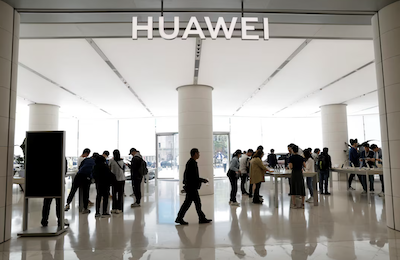Australia’s economic expansion beat market expectations in the fourth quarter as tax cuts translated into consumption spending, but analysts said growth will weaken in the current year given the fallout from the coronavirus outbreak.
In the quarter ended December 2019, gross domestic product (GDP) grew by 0.5% following a 0.6% rise in the September quarter which was an upward revision of 0.2 percentage points. This was better than market expectations of 0.3%, according to a Reuters poll. The economy grew 2.2% through the year in the fourth quarter.
But the road ahead is grim.
“The travel ban will weigh heavily on tourism and education exports. What’s more the collapse in the Chinese manufacturing PMI is consistent with overall net exports becoming a significant drag on GDP growth in the first quarter. And we now expect an increasing number of infections in Australia to cause people to stay home, meaning that consumption may decline in Q2,” said Ben Udy, economist at Capital Economics.
Udy expects GDP growth to ease to 1.2% in the current year from 1.8% in 2019.
The Australian Bureau of Statistics said household final consumption expenditure increased 0.4% in the fourth quarter, with through the year growth up 1.2%.
“The quarterly rise in household consumption was driven by consumption of discretionary goods and services, which rose 0.5%, the largest increase since June 2018. Essential goods and services also contributed with a modest rise,” it said.
Analysts said the consumption drivers were the tax cuts that Australians received in 2019. Australia announced a range of personal tax cuts for individuals as part of the 2019-20 Federal Budget, which economists said would inject $110 billion into the economy over the next decade.
Udy said GDP growth will remain weak in 2020 due to the disruptions caused by the coronavirus outbreak.
“The upshot is that we expect GDP growth to ease from 1.8% in 2019 to just 1.2% this year. That’s well below the RBA’s forecast in February of average growth of 2.2%. We therefore expect the RBA to cut rates again to 0.25% in April, with a rising chance that QE will be needed.”
The Reserve Bank of Australia on Tuesday, lowered its benchmark interest rates by 25 basis points to a record low of 0.50% in an effort to offset the impact of Covid-19.
























